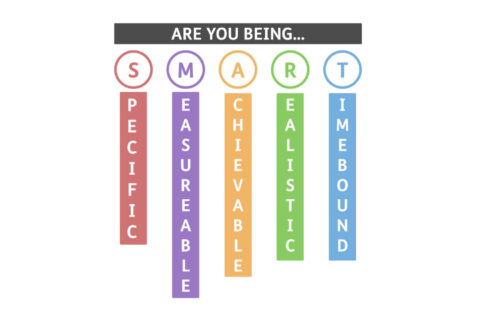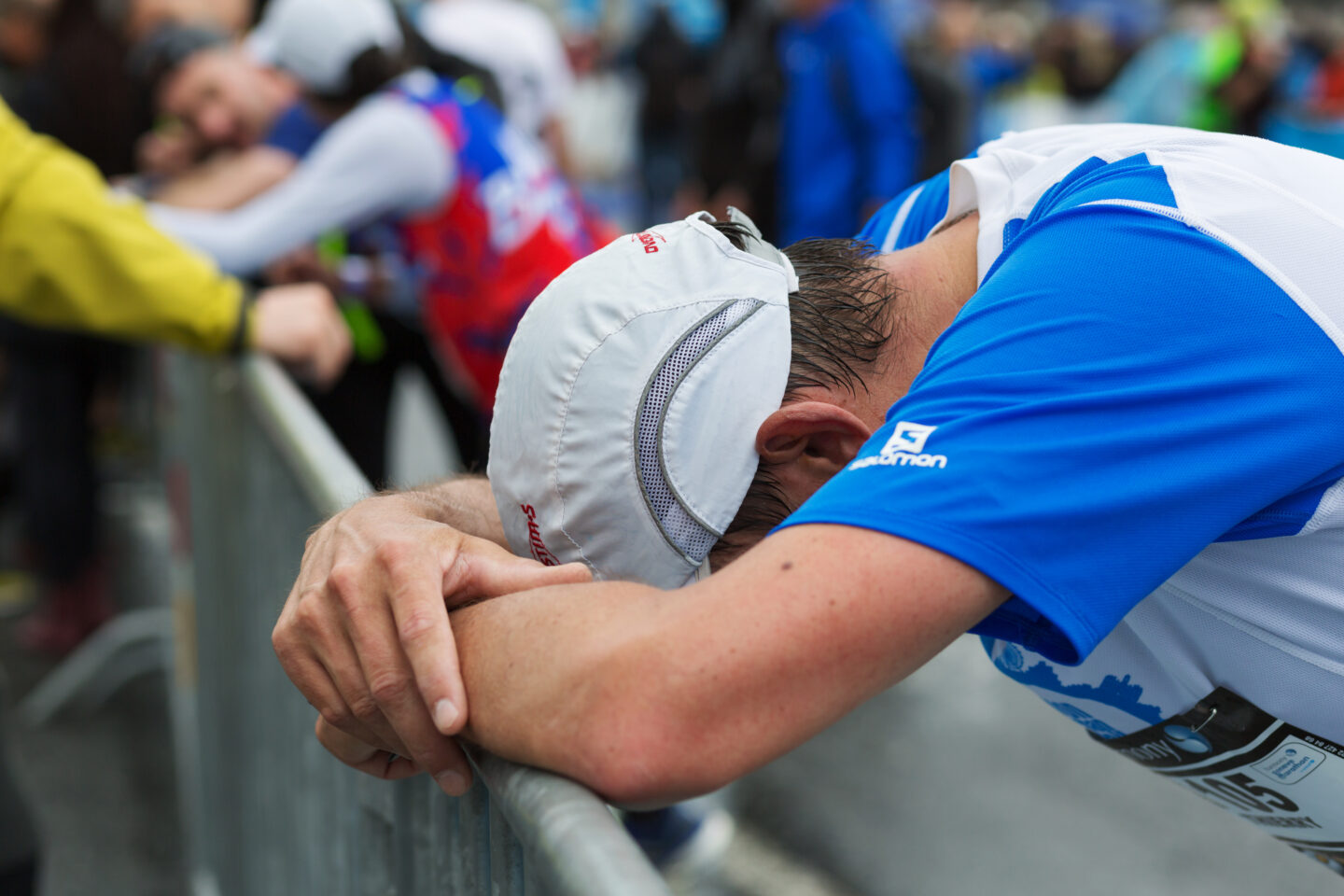“I feel burned out.”
It’s a phrase no endurance athlete ever wants to say. Not only does it signal you’ve lost all motivation for your sport of choice, it also means taking a break from what you love to do is the likely remedy—whether that means hanging up the bike up, stashing the running shoes in the closet, or letting the swim cap collect dust.
Endurance sports are meant to be joyful; they keep us physically and mentally healthy. For many of us, our chosen sport is a way of life. We use it to explore the depths of our abilities and minds and, just as significantly, to explore the outdoors.
Burnout squashes all that pleasure and medicine; it is the cessation of passion for something that normally makes us feel alive and well.
How do athletes get to that point? It’s a complicated answer. To simplify, anytime we put too much of everything—time, money, effort, attention—into a sport, while eliminating other things in life that bring joy, we can, and often will, stress our relationship with that sport. That’s burnout.
Overtraining versus burnout
Any time we start a conversation about overdoing things in training, it’s important to distinguish between physically taking your body too far and mentally crossing the line. Trevor Connor and Dr. Stephen Seiler do an excellent job of defining the differences between overtraining, overreaching, and burnout in Fast Talk episode 127. If you’re unfamiliar with the differences between the three terms, check out that podcast episode for a deeper discussion.

Overreaching, Overtraining, and Burnout with Dr. Stephen Seiler
In it, Dr. Seiler succinctly states that while overtraining is primarily a physical syndrome, burnout is a mental stress-related syndrome that can have physical consequences.
Sports psychologist Julie Emmerman describes it in similar terms.
“It can best be described as that feeling of something you used to love that now brings a bad taste in your mouth, and a lack of motivation—almost a bitterness, and zero desire,” Emmerman says. “This thing that used to bring about a sense of joy and automatic, positive associations is now like bitterness; you feel disdain for something that you used to love.”
Emmerman, who has helped scores of athletes afflicted with burnout, emphasizes the distinction between physiological overtraining that leads to the qualitative experience of burnout, and burnout elicited by simply doing too much, too often, or letting stressors from life and training overwhelm or demotivate us. The two scenarios can be related, but she emphasizes that athletes do not need to be overtrained to feel burned out.
Recognizing burnout
There are some easily recognizable symptoms of impending burnout.
“I always think of it as a loss of interest or a big reduction in your passion for the sport,” says Fast Talk Labs head coach Ryan Kohler. “Getting your bibs on and checking your tire pressure should be a joy, as you anticipate your next ride. Don’t ignore losing some of that spark.”
Feelings of burnout can be exacerbated by an accumulation of other non-cycling life stressors: an imbalance at work, with family and friends, in addition to those training, racing, and fueling stresses that come from participating in the sport itself.
Furthermore, placing too much emphasis on the outcome of a sport can make us more susceptible to burnout. That is, the more we begin to define ourselves by our activity, the more pressure there is for that sport to fulfill us, and the greater potential for burnout.
Burnout for beginners
Any athlete at any level is susceptible to burnout. But Emmerman notes the potential for new athletes to fall into a pattern of behavior that could more readily lead to burnout, if left unchecked. For example, when beginning a sport like cycling, a new athlete is bombarded with so much new information. Feeling a “need” to learn can overload someone with information and expectations. Emmerman calls this regimented thinking.
New athletes might feel they have to do everything in a regimented way. Since they have no personal experience with the training, they rely on the prescription of others. Initially, they may get the results they’re seeking; but any feelings of excitement can quickly spoil if the athlete starts to come up short of their goals.
From personal experience, as a new cyclist, I relate to the desire to quickly become engrained in cycling culture—absorbing route knowledge, gear knowledge, training science knowledge. There is so much to know, new athletes can easily feel overwhelmed. That doesn’t mean we can’t immerse ourselves and approach our new sport with enthusiasm. But we should try not to fall into the trap of regimented thinking and doing.
To prevent burnout, create more joyful contact points with your sport. The more areas in your life that your sport feeds, the better. For example, if you only want to ride your bike because it helps you burn calories, that’s a single point of access. Leaning on that single, or even a couple, points of contact with your sport leaves you more vulnerable to burnout. Instead, try to find several reasons to enjoy it: weight loss, overall fitness, mental well-being, fun, community, and so on.
Avoiding burnout
To understand burnout prevention, start with the goal-setting phase of the endurance sport you partake in. Ask yourself, ‘Why am I doing this?’ Define what you want to get out of it and set some goals. Know that if you set a higher goal for yourself, you’re also likely increasing the investment required to attain such a goal.

How to Set Training and Performance Goals
Bigger goals come with bigger sacrifices. Attaining that last 5 percent of physical performance could require exponentially more sacrifice. If you’re willing to devote the needed time and effort towards achieving a big goal, then go for it—just be reasonable about what expectations you’re setting.
Checking in with yourself regularly is another effective way to notice the early signs of burnout. Why wait until you’re absolutely miserable before you do something about it? Check the temperature of your passion every time you ride.
“I’m always thinking, ‘Did I enjoy that ride?’ Or before I head out I’ll ask, ‘Why am I going to do this ride?’” Kohler says. And, guess what? Sometimes he chooses not to ride that day, and that’s more than okay.
Finally, communicating with your coach is one of the more powerful tools you can use to prevent burnout. Tell him or her how you’re feeling about your training load and other responsibilities in life. A good coach will work with your schedule, and will keep things fun and challenging, adding variety and giving you what you need without you having to think about it.
A good coach is also someone who is fully invested in your performance in the sport, and that in itself is a powerful tool to help you stay engaged, performing well, and enjoying the sport.
Can I cure my burnout?
In short, yes.
Sometimes the simplest, most effective thing to do is to take a break. If you have one day where you’re not stoked, don’t get worried, but if you notice a pattern over a couple of weeks when your interest is waning, don’t force the issue.
Make a conscious decision to stop riding for a set period of time. Don’t dabble with it, or try to guilt yourself into going out. Find another hobby or physical activity to occupy your time and don’t come back to the saddle (or track or pool) until the date you’ve set for yourself. Take a break for a week or two. Assess how you feel.

Why We Need an Off-Season, with Dr. Andy Pruitt
The damage (if any) caused by that absence of training will be much less than the harm you might inflict on yourself or your favorite pastime if you try to push through the burnout. When you return to training, be deliberate and think about all of the aspects of your sport that feed your soul. Remind yourself why you love to ride and take out any attributes that make it unappealing.
People are attracted to endurance sports for a host of reasons: fun, fitness, challenge, community, nature, self-care, and the list goes on. Regardless of that cocktail of motives, at the core there is a simple love. No matter how serious you become, protect what you love.
Listen to your body and motivation. As coach Kohler recommends, listen to the valuable voice of trusted friends and family. When someone you trust sees a decline in your attitude or performance, take a break! Try letting yourself get to the point where you miss it a little bit.
Absence makes the endurance love grow stronger.




